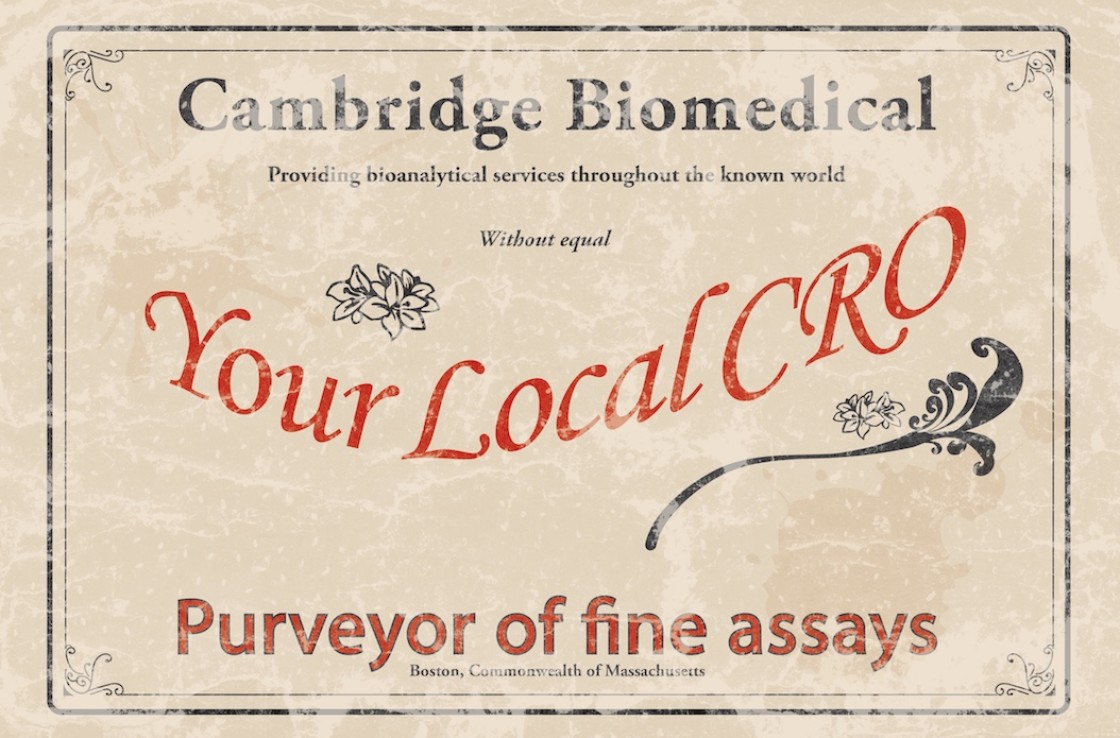Understanding our primate ancestors’ relationship with alcohol can inform its use by modern humans.
When we think about the origins of agriculture and crop domestication, alcohol isn’t necessarily the first thing that comes to mind. But our forebears may well have been intentionally fermenting fruits and grains in parallel with the first Neolithic experiments in plant cultivation. Ethyl alcohol, the product of fermentation, is an attractive and psychoactively powerful inebriant, but fermentation is also a useful means of preserving food and of enhancing its digestibility. The presence of alcohol prolongs the edibility window of fruits and gruels, and can thus serve as a means of short-term storage for various starchy products. And if the right kinds of bacteria are also present, fermentation will stabilize certain foodstuffs (think cheese, yogurt, sauerkraut, and kimchi, for example). Whoever first came up with the idea of controlling the natural yeast-based process of fermentation was clearly on to a good thing.
